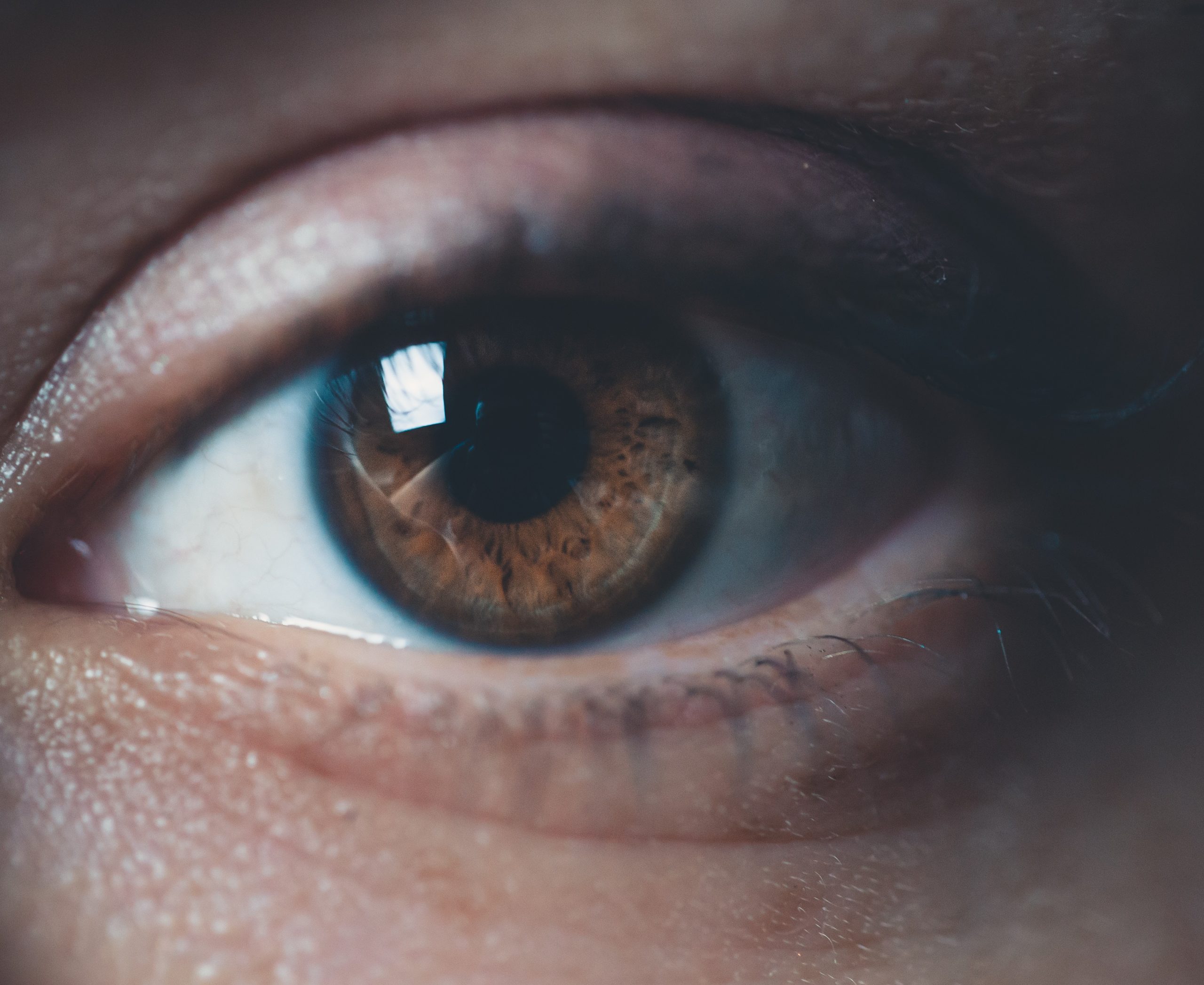Learn More about Macular Degeneration
Macular degeneration refers to an eye disease that causes severe loss of eyesight, especially among elderly patients. It is also one of the most common reasons for loss of eyesight among people above 50 years of age. This disease greatly affects the center of vision, which hinders one’s ability to see finer details.
In this disease, only the central area of the retina suffers from damage, which often results in blurred or reduced central vision. When it reaches advanced stages, people may not be able to see fine details, drive a car, or read small prints.
Types of Macular Degeneration
There are two types of macular degeneration that a patient might face. They are called Wet AMD and Dry AMD.
Dry AMD
It is the more common type, which impacts over 80% of patients. In this stage, the patient often sees a gradual and painless loss of vision.
Wet AMD
It refers to an advanced stage of the disease. In this stage, blood from leaky vessels may enter the eyes and hinder vision.
Symptoms of Macular Degeneration
There are plenty of symptoms you need to look out for. Early signs show a shadowy area around your central vision, and it’s fuzzy and distorted for the most part. Some people may experience it while reading a book or smaller texts.
Moreover, in the initial stage, some patients may find it difficult to see in the dark. The reason it goes unnoticed is that it usually starts with a single eye. When people see from both eyes, they can’t detect minor symptoms of blur and distortion.
Causes of Macular Degeneration
Although this disease is mostly associated with age, research shows there can be an element of genetics at play. So if someone has a history of macular degeneration in a family, they are more likely to develop this disease compared to those who don’t have a family history.
Doctors and researchers have also predicted that there might be more than just a gene. Some suggest that it could be a result of exposure to sunlight which has harmful UV rays. Below are a few other causes that doctors think might be a contributing factor to macular degeneration:
- Aging
- Gender and Sex
- Inactivity and Obesity
- Heart-related Diseases
- Smoking
Treatment for Macular Degeneration
There is no known treatment for macular degeneration. However, there are some methods doctors use to minimize its effect and improve vision altogether. The treatment may depend on the extent and type of macular degeneration. The wet form of degeneration is considered an advanced stage. Meanwhile, the dry form is an early stage of the disease.
Doctors usually prescribe nutrient supplements to reduce the side effects and prevent macular degeneration from progressing to an advanced stage. Moreover, other surgical and laser options are available for patients with the wet form of macular degeneration.
Final Thoughts
At Whitney eye care, we specialize in treating all sorts of eye-related problems. From vision issues to macular degeneration, we treat everything. Make sure to call us now for affordable services. Call us at: (435)253-6923 or reach out to us at Email: [email protected]






